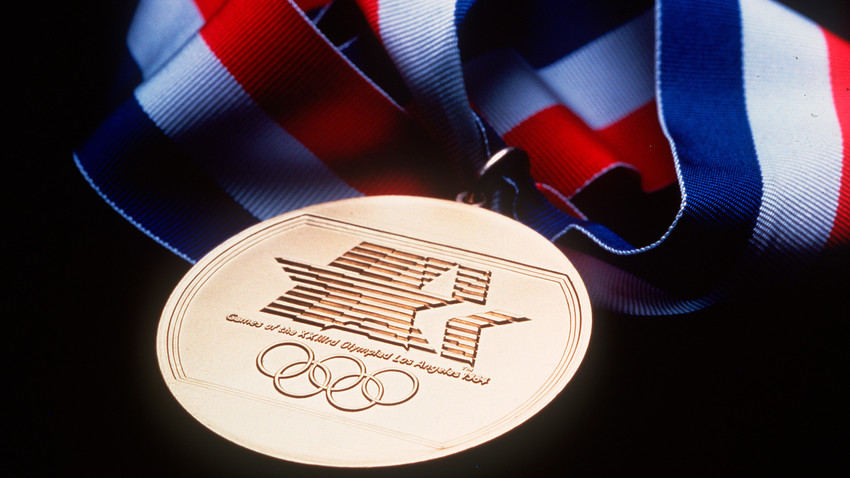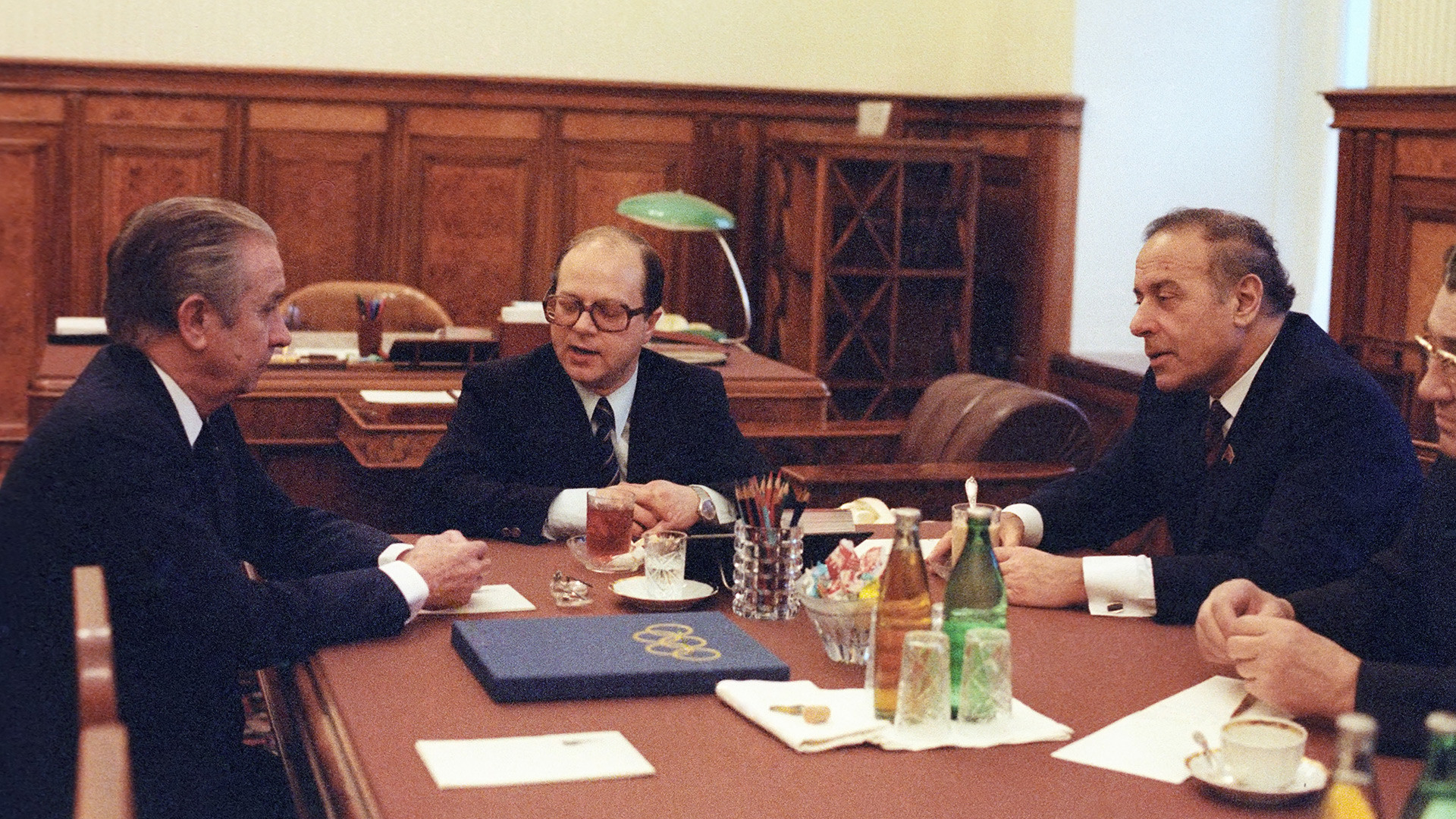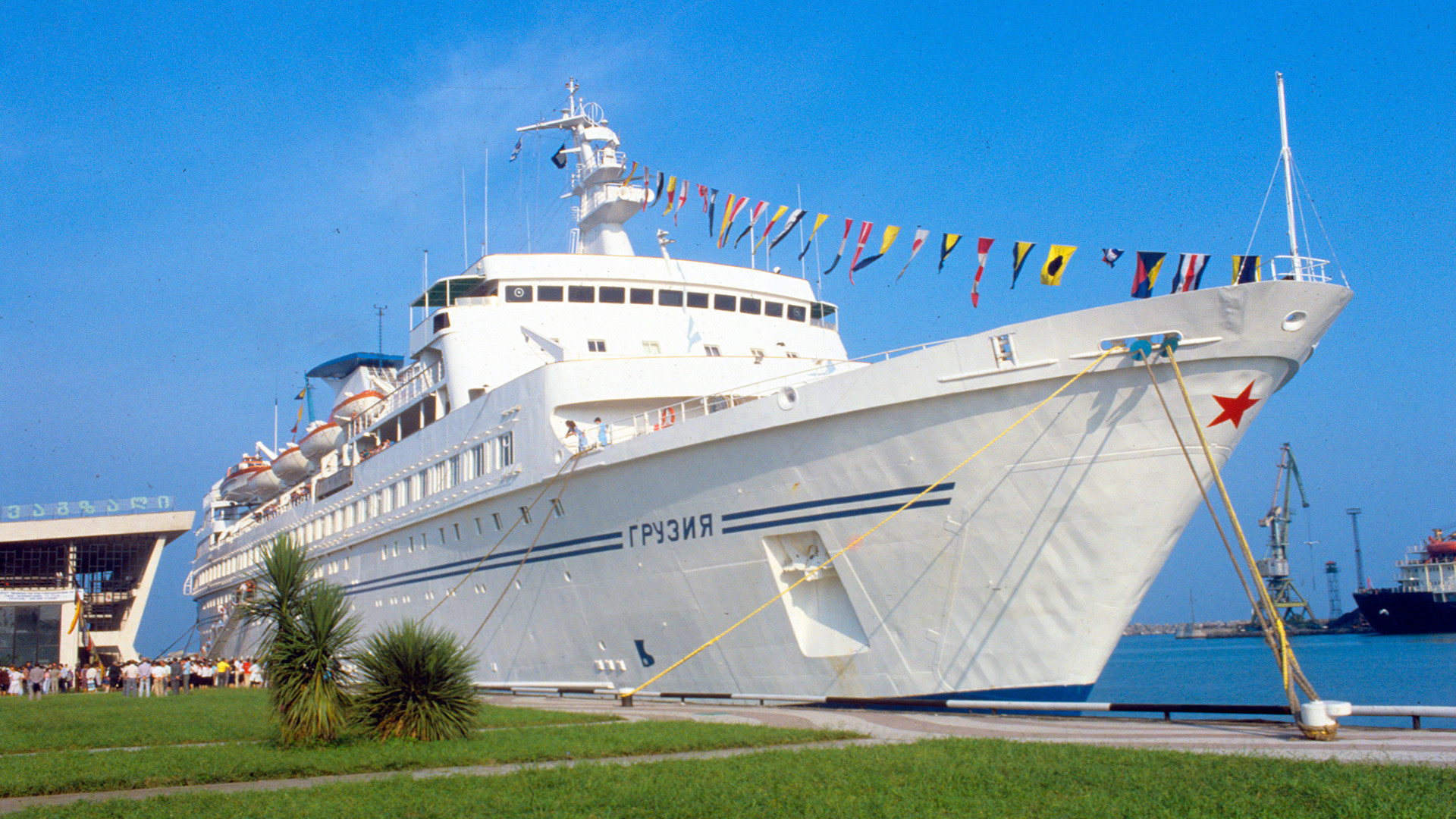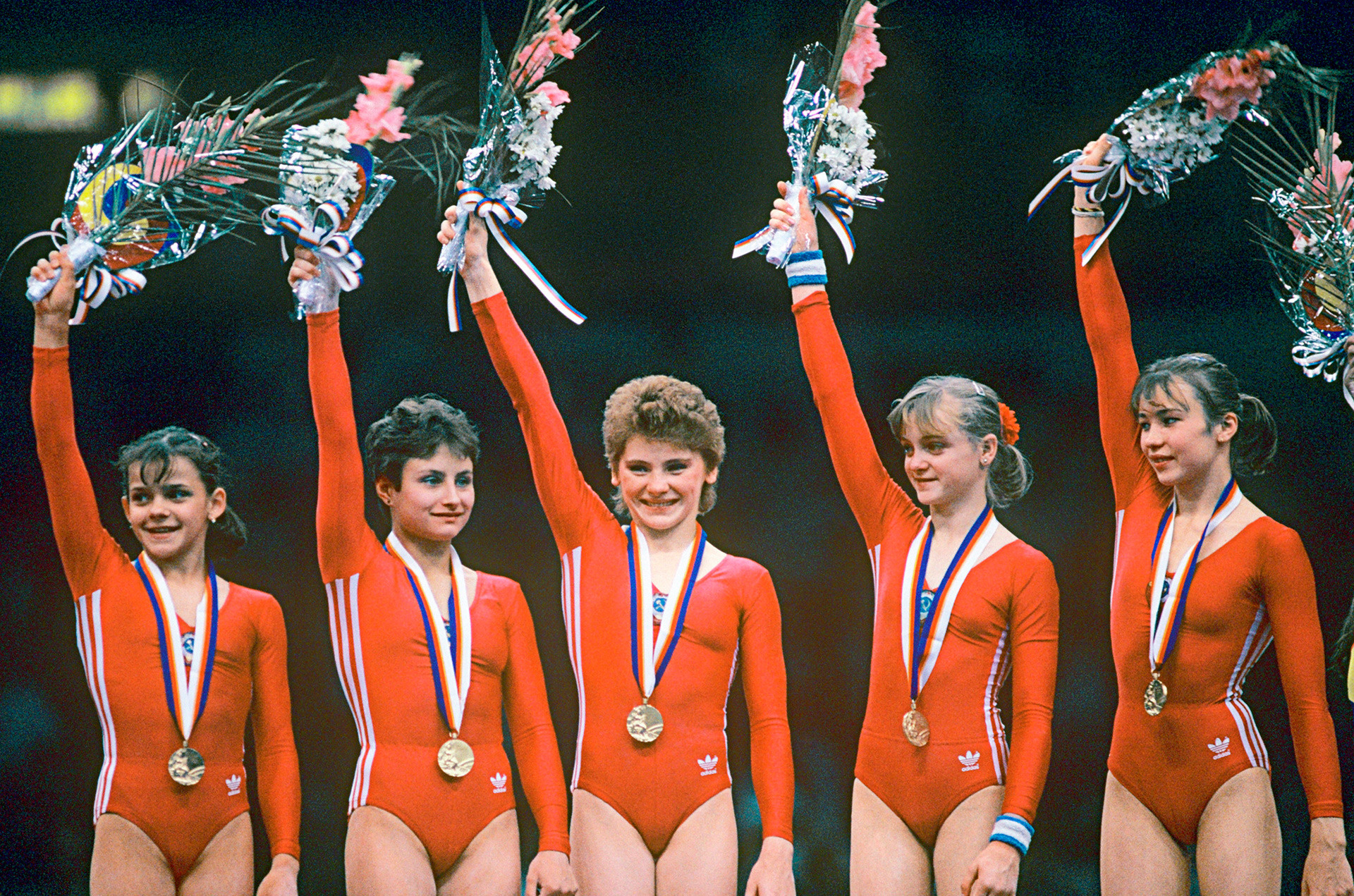Out of the game: Why Russian athletes missed the 1984 Olympics

The Soviets were looking forward to the 1984 Olympics in Los Angeles
Getty Images“It was like a bolt from the blue. The storm clouds had been gathering, but still, it was abrupt and sudden. The first feeling was as if the Earth had opened wide and everything fell into it; as if there was a vacuum around me. The goal that I had worked toward over several years suddenly disappeared… It was not clear what would happen next,” this is how Vladimir Salnikov, a Russian swimmer and four-time Olympic champion who was nicknamed, “Monster of the Waves,” described his emotions when he heard the news about Moscow’s boycott of the 1984 Summer Games in Los Angeles.
Not
Salnikov’s testimony clearly casts doubt on the opinion that Soviet authorities had planned in advance to skip the 1984 Summer Olympics as revenge for the U.S. boycott of the 1980 Summer Olympics in Moscow. In early 1980, President Jimmy Carter issued an ultimatum to Moscow, demanding
In the run-up to the 1984 Olympics in Los Angeles, at first Soviet leaders publicly expressed their positive attitude towards their athletes attending. In December 1982, a high-ranking Soviet official, Geidar Aliev, told Juan Antonio Samaranch, the International Olympic Committee (IOC) chief at the time, “We’re getting ready for the Games in Los Angeles. We hear talk about a possible boycott from our side. But we won’t stoop to Carter’s level.”

Juan Antonio Samaranch (left) and Geidar Aliev (right) at the meeting in the Kremlin
Vyacheslav Un Da Sin/TASSClearly, the Soviets were looking forward to the 1984 Olympics. Likewise, the current Russian leadership also planned for normal participation in the 2018 Games, but the doping scandal ruined these plans.
Hysteria and mutual accusations
What then made the Soviet leadership change its approach to the 1984 Games? Most probably it was the heated political situation at the time, with tensions building in the second half of 1983. On Sept. 1, a South Korean passenger plane was shot down in Soviet airspace, causing an uproar in the West. This was followed by the U.S. invasion of communist Grenada, and the deployment of mid-range U.S. ballistic missiles in Europe. Relations between the two superpowers had hit rock bottom.

'Georgia' was a floating base for Soviet athletes
Galina Kmit/SputnikIn this atmosphere of political hysteria and mutual accusations, the Kremlin demanded written guarantees of Soviet athletes’ safety in the U.S., but the Americans did not wish to provide them. They also did not allow the Soviets to fly directly from the USSR to Los Angeles with charter flights, and would not permit the ship, Georgia, which was a floating athletic base, to dock at an American port. In May 1984, the Politburo led by General Secretary Konstantin Chernenko decided to boycott the Los Angeles Games. In total, 14 socialist countries followed suit.
Thanking “Comrade Chernenko”
The country that benefited most from the absence of Soviet athletes
By comparison, in 1980 the USSR got only three gold medals less, but earned more silver and bronze awards, winning 195 medals in total. Clearly, Soviet athletes had bright prospects for the 1984 Games.

Gymnasts from the USSR took gold medals at the 1988 Summer Olympic in Seoul
Sergey Guneev/Sputnik“After the Games in
The IOC at that time tried hard to prevent a boycott, hoping to negotiate a deal between the superpowers, with Samaranch offering his services as a mediator. No one, however, was ready for a compromise.
If using any of Russia Beyond's content, partly or in full, always provide an active hyperlink to the original material.
Subscribe
to our newsletter!
Get the week's best stories straight to your inbox